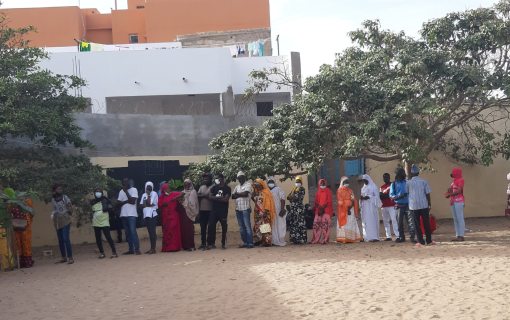Money in Politics: A Study of Party Financing Practices in 22 Countries
Executive Summary
The Africa Political Party Finance Initiative is one of the first attempts to understand and evaluate the challenges of political party financing in Africa. Undertaken by the National Democratic Institute for International Affairs (NDI), APPFI examines party finance practices in 22 emerging democracies worldwide. Conducted between July 2003 and September 2004, APPFI includes desk research and field interviews of 440 political, party, and civic leaders; the resulting report yields a better understanding of the underpinnings of problems related to party financing and corruption, both in Africa and around the globe.
APPFI was initiated at a time when growing international debate focused on both positive and negative functions of political parties in democratic transitions: they are the necessary vehicles for political pluralism, as well as a major means of corrupting the process. Attempts were made to identify both deficiencies in current party financing norms, and best practices that could serve as models for reform and capacity development within parties and political systems.
Because little data and few statistics are available about sources of funds, expenditure patterns, and the management of party resources, it was necessary to go right to those individuals directly involved in party financing for answers: political leaders, candidates, government officials responsible for regulating political activity, and civic groups that engage in monitoring the political arena. By discussing the issues related to political corruption with a cross-section of respondents from different regions of the world, APPFI identified common themes and workable solutions that could be applied in unrelated political cultures by political parties, governments, international development agencies, and democracy and governance implementers and academics.
The data collected from interviews paint a complex picture of parties and campaign finance, opening a window into the sophisticated and even passionate concern that leaders—whether from civil society or political parties—experience over money in politics. It should be recognized that many African countries have made much progress within relatively short democratic transition periods to address the negative impacts of money in politics, and to promote the values of good governance. Yet many challenges remain, requiring a combination of efforts to promote a truly enabling environment that encourages accountability and internal democracy within parties.









